The Ivory Tower Closes Ranks: What Really Connects the 18 Universities Backing Harvard
As Harvard University fights a federal freeze on nearly \$3 billion in research funding, it’s getting backup — not from students, faculty, or public advocates, but from its peers at the top of the academic food chain.
Eighteen universities — including Yale, Princeton, Penn, Brown, and MIT — have signed onto a proposed amicus brief in support of Harvard’s lawsuit against the Trump administration. The move, rare in its coordination, paints the lawsuit as an existential threat to scientific research in the United States.
But behind the calls for academic freedom and innovation lies a more uncomfortable truth: these institutions aren’t just defending Harvard. They’re defending themselves.
A Shared Investment
What these universities have in common is more than reputation. They are some of the largest recipients of federal research funding in the country, with billions flowing annually into labs, departments, and think tanks.
The brief warns that if the administration’s actions stand, the consequences will be far-reaching: canceled research, lost careers, and a chilling effect on innovation. That may be true. But the concern here isn’t purely academic — it’s financial.
If Harvard loses, it opens the door for broader enforcement: deeper audits, stricter compliance, and funding freezes at any university found violating federal mandates, whether related to campus safety, civil rights, or foreign entanglements. In short, Harvard is the test case. The rest know they might be next.
The Ideological Link
While these universities compete on rankings, they’ve become ideologically indistinguishable on several key issues — especially on the matter of campus protests and antisemitism.
Over the past year, many of these same institutions have come under fire for allowing faculty to endorse terror-linked rhetoric, for ignoring student safety concerns, and for fostering climates of hostility under the banner of social justice. They’ve issued statements and formed task forces — but rarely acted until donors, lawsuits, or media pressure forced their hand.
The amicus brief isn’t just about defending academic research. It’s about preserving an ecosystem where institutional failure is protected, not punished.
Columbia’s Silence
Notably absent from the list is Columbia University.
Columbia was the first school to face targeted cuts. But unlike Harvard, it didn’t sue. Instead, it complied.
Faced with a choice between confrontation and concession, Columbia chose the latter — agreeing to hire new security with arrest powers, revamp its protest policies, and ban masks during demonstrations.
Its decision to stay out of the brief suggests the coalition is far from unified. Even among the elite, the cracks are starting to show.
What This Really Is
This is a political moment.
The universities lining up behind Harvard are circling the wagons — not to defend research, but to defend the status quo: a world in which they control the narrative, manage the fallout, and avoid accountability. What’s being framed as a threat to science is, in reality, a threat to institutional power.
And for once, that power is being challenged — not by radicals, but by the federal government.
In the end, this case isn’t just about money. It’s about whether the most powerful academic institutions in America are above the law — and how far they’ll go to protect each other when they’re not.


